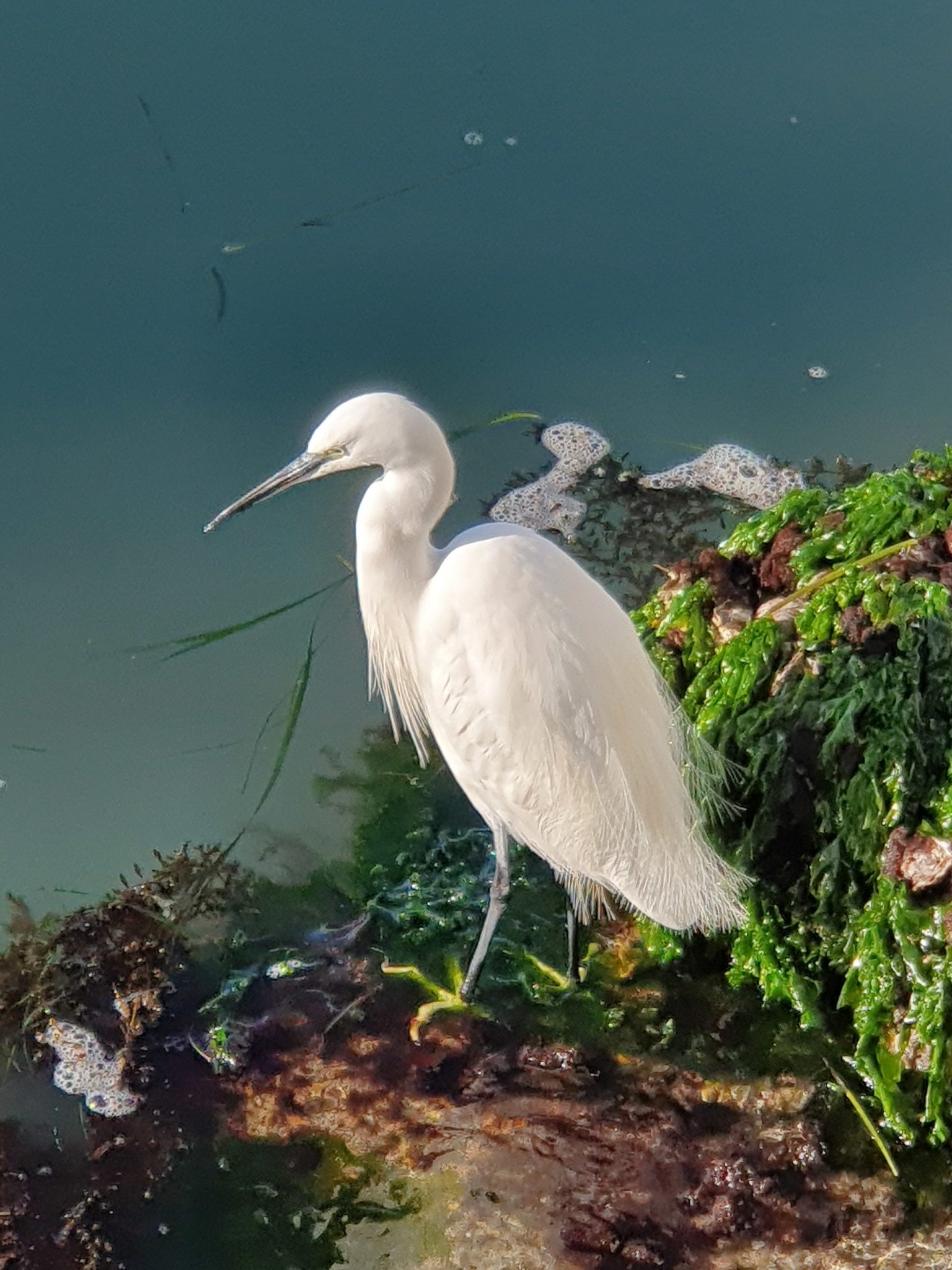
Need for EU Global Leadership on Biodiversity Finance
The new Neighbourhood, Development and International Cooperation Instrument – NDICI is still under negotiations. The next EU Budget and NDICI will be an important element of the EU’s recovery plan and green transition post-COVID-19, and must reconcile economic development with nature protection, in line with the objectives of the EU Green Deal (see statement below).
On 7th September 2020, Wetlands International Europe joined a number of the world’s leading conservation organisations working in the Global South, including the Wildlife Conservation Society, Conservation International, Birdlife International, The Nature Conservancy, International Fund for Animal Welfare, African Parks, African Wildlife Foundation, and Global Wildlife Conservation to call for a specific EU target for biodiversity. The organisations sent a letter to the Executive Vice-President Timmermans asking for support to ensure that the EU leads the way in facilitating agreement on a strong financial target for global support for biodiversity.
This letter is an additional steps in the advocacy work Wetlands International Europe in coalition with its partners is undertaking to increase ambition in the NDICI.
In July, Wetlands International Europe and its partners in a statement stressed that the EU as a global player has a responsibility to act and contribute to reversing trends, such as climate change, ecosystem degradation, biodiversity loss and the unsustainable and illegal wildlife trade. It is at the heart of the EU’s values, objectives and interests to continue to show leadership in promoting the sustainable management of natural resources, biodiversity protection and ecosystem resilience.
The new NDICI provides the perfect opportunity to implement this important component of the Green Deal and demonstrate global leadership by providing significant, transparent and long-term funding to support healthy people and the planet. As resource mobilization is critical for the success of the post-2020 global biodiversity framework, and a review of the current Strategy for Resource Mobilization, as well as an estimation of resources needed to implement the post-2020 framework will be released soon, we call onto the EU to come forward with precise commitments to support partner countries in protecting the world’s nature. We therefore recommend that the EU dedicates a high proportion of its future NDICI to addressing these challenges, in particular:
➢ An increased 50% target for climate AND environment relevant spending should be set under the NDICI, to deliver actions with clear and identifiable co-benefits across sectors;
➢ Within this 50% target for climate and environment relevant spending under the NDICI, a specific window of 10% for biodiversity should be defined. This will allow funding to be channelled directly to biodiversity and natural resource related priorities in support of partner countries’ efforts to pursue their own commitments under the CBD and related multilateral agreements, and to contribute to global public goods.
7th Sep letter to Exec. Vice Pres Timmermans
July – Statement “Why Biodiversity matters”
